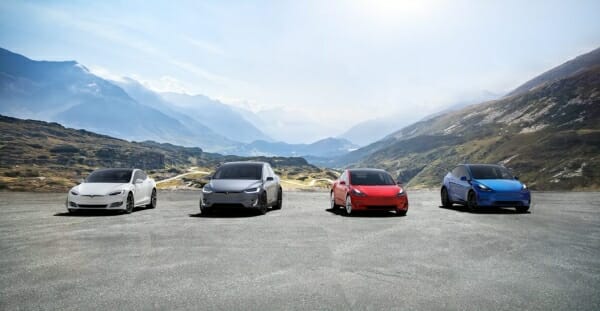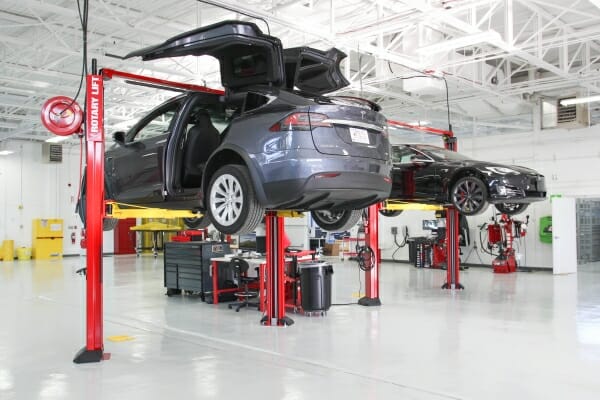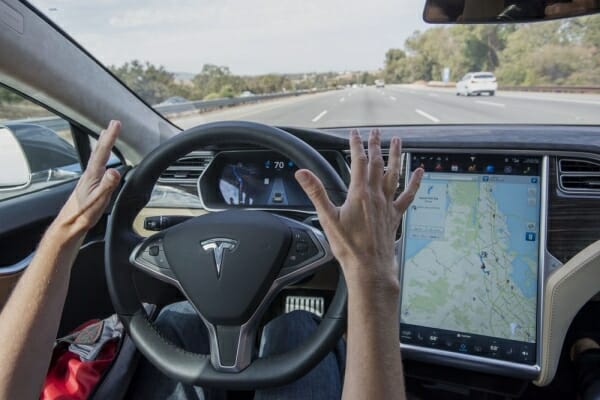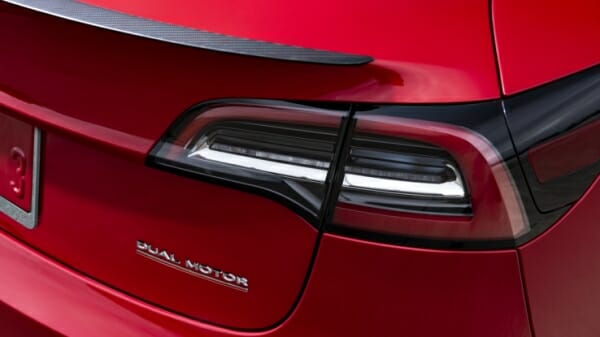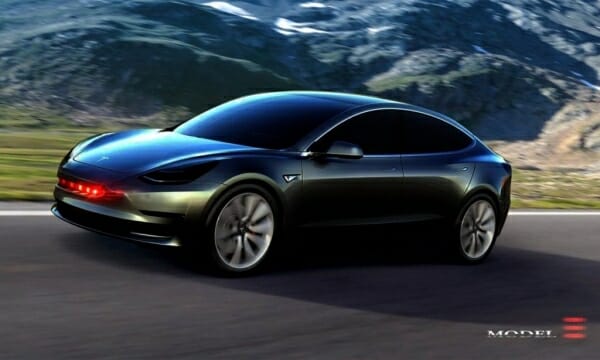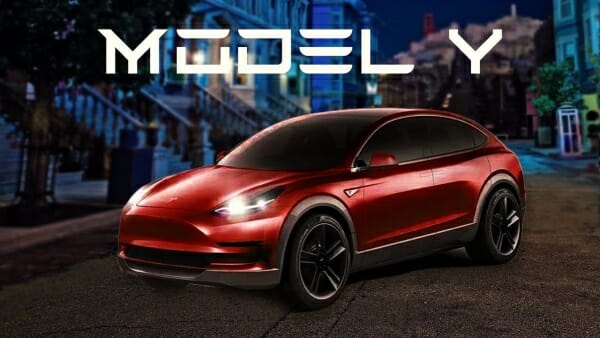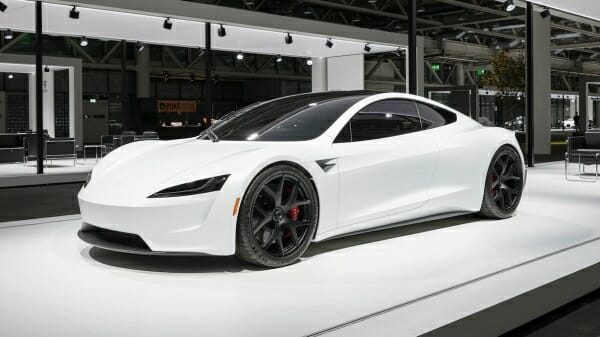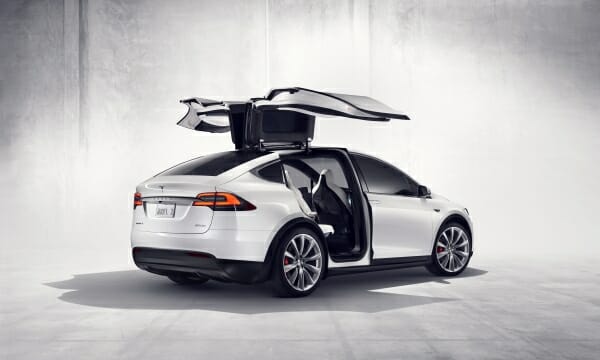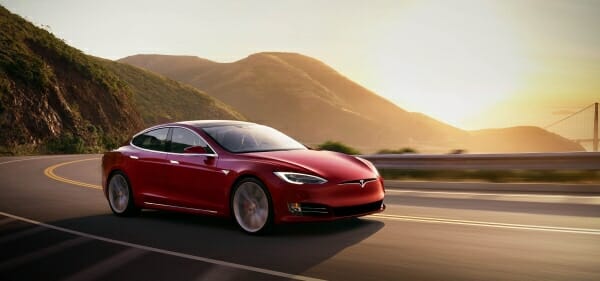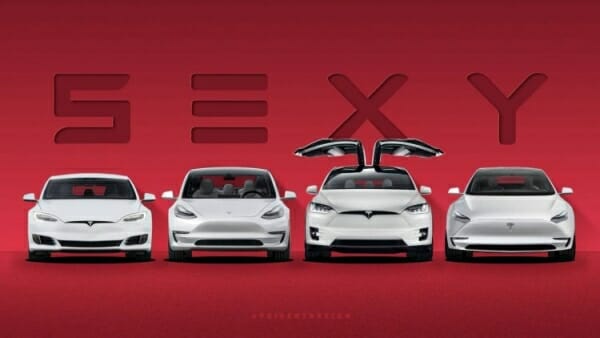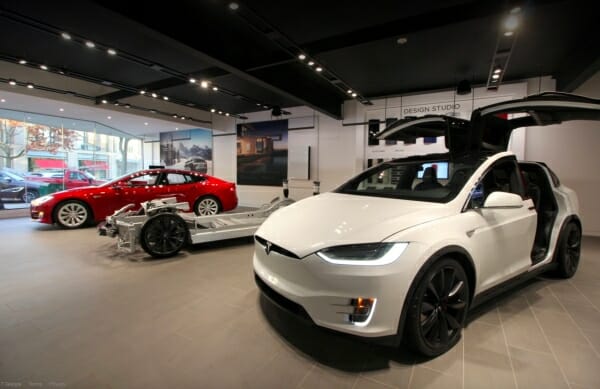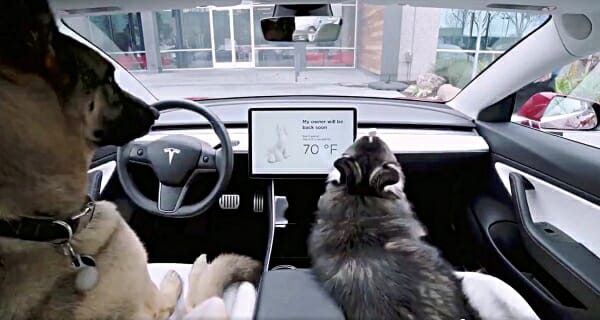Electrify the world. For the past ten years, this has been the trend. Renewable energy and electric cars have seen copious amounts of advancements and expansion. That continues to ring true now that Tesla acquired Maxwell Technologies Inc.
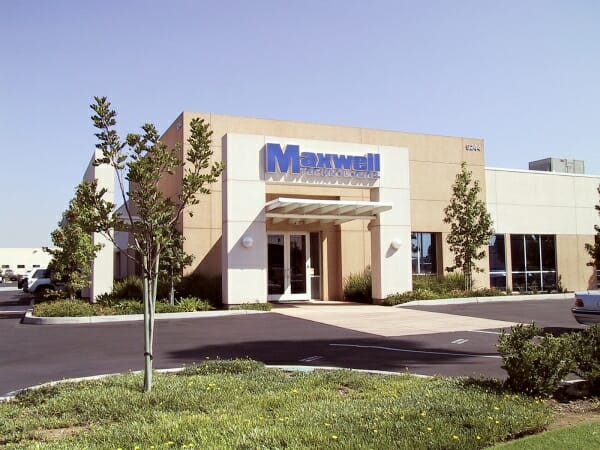
Why Did Tesla Want Maxwell?
Notably, energy and transportation are the two most significant contributors to our carbon footprint and therefore, climate change. Tesla is determined to tackle both of these and seems to be doing so in a rather effective, yet attractive way.
Climate change and cleaner air aside, these cars are just plain fun. Plus, electric cars and renewables will actually save us money in the long run.
Tesla knows the truth about human nature. They recognize that even if something helps the planet if it doesn’t add value to our lives, we probably won’t buy it.
With features like full autonomy readiness, 5-star safety ratings, dog mode, long range and dynamic performance, there is plenty of value to go around.
One thing has undoubtedly slowed progress for both electric cars and renewables, energy storage. The truth is batteries have sucked for a while. Tesla, a manufacturer of solar energy, battery storage, and electric cars, has been making them suck a lot less.
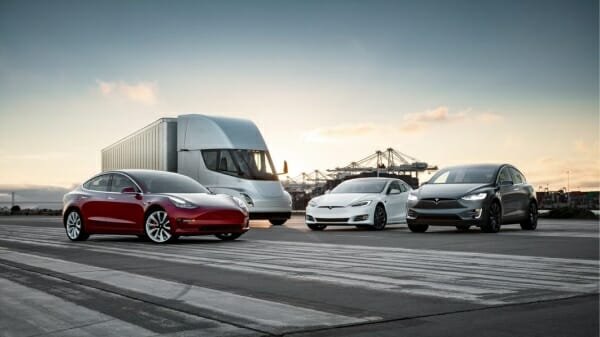
Details on Why Telsa Acquired Maxwell Technologies
Maxwell Technologies Inc. is a California based company that specializes in batteries and ultracapacitors. Most of us know what a battery is. Think of an ultracapacitor as something that traditionally compliments batteries.
Ultracapacitors create a more reliable and safer experience. They also deliver a lot more instant power while improving its efficiency. It is also said that ultracapacitors have the potential to replace batteries at some point in the future.
So what does this mean if Maxwell tech is implemented? Just how much more of a gap will this put between Tesla and competitors?
Maxwell tech has proven an energy density of 300 Wh/Kg, and it has a planned path to 500 Wh/Kg.
No idea what that means? Just know that Tesla currently has an energy density of 207 Wh/Kg in their Model 3’s according to ExtremeTech. If implemented, it has the potential to put Tesla several more years ahead than they already are.
Even before Tesla acquired Maxwell Technologies, they have been far ahead of everyone when it comes to battery storage and power. The long-range version of the Model 3 gets 325 miles on one charge while the runner up (Jaguar iPace) gets 250.
The big kicker is that a Model 3 costs right around $44,500 where the Jaguar is closer to $70,000.
Strictly based on range and price point, the Model 3 creates a pretty big gap. This is without even discussing full autonomy readiness. Maybe the new batteries will be ready for the 2020 Tesla Lineup.
What’s Coming Next?
We have the unique opportunity to watch a massive energy and industry shift right before our eyes.
As many scientists, engineers, and CEO’s have put it, these shifts aren’t just happening naturally. They are happening with continuous hard work and the drive to create something better.
For a price tag of $235 million for Maxwell Technologies Inc., Tesla is not giving up its first place seat anytime soon, if ever.
